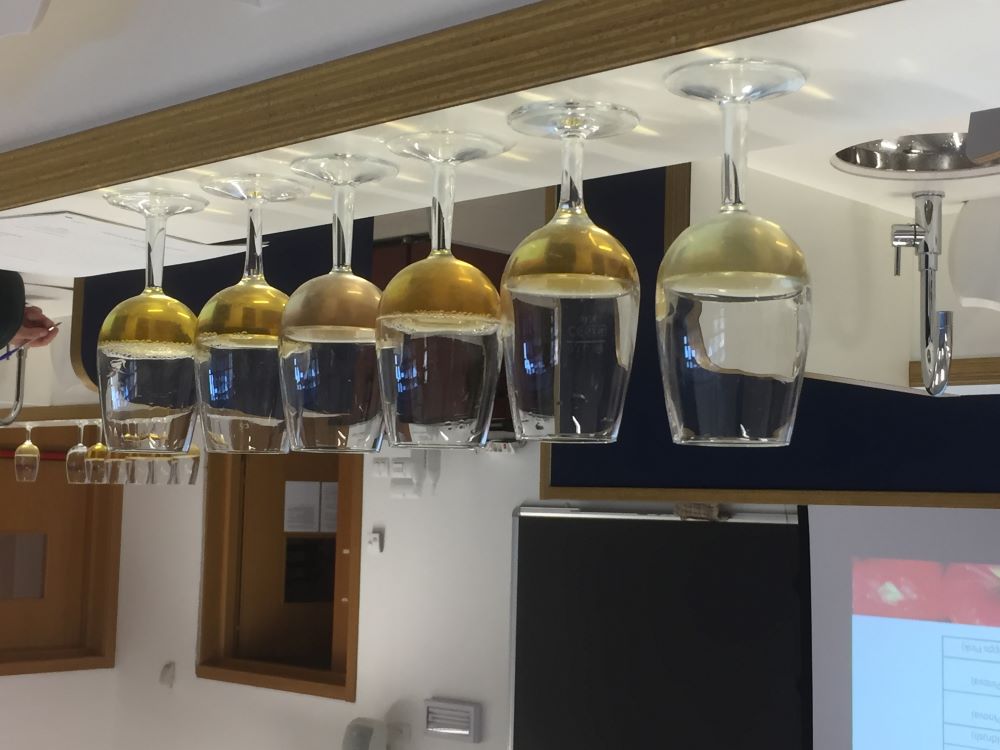Project in brief
 Cider production in Italy mainly utilizes apple cultivars principally selected for fresh consumption, but discarded for aesthetic defects. The selection of specific apple accessions with superior traits could enhance the product’s final aroma and taste. The goal is to select varieties which are resistant to biotic and abiotic stress for a more sustainable apple cultivation and cider production. At the same time the selected apples should increase cider’s flavor due to the contribution of specific metabolites to the final product.
Cider production in Italy mainly utilizes apple cultivars principally selected for fresh consumption, but discarded for aesthetic defects. The selection of specific apple accessions with superior traits could enhance the product’s final aroma and taste. The goal is to select varieties which are resistant to biotic and abiotic stress for a more sustainable apple cultivation and cider production. At the same time the selected apples should increase cider’s flavor due to the contribution of specific metabolites to the final product.
The selection and the identification of the most suitable candidates will be supported by a scientific driven approach, employing DNA and metabolites’ based techniques.
Objectives and research approach
- characterization of a collection of selected apple accessions coming from both Fem and Laimburg research center through the usage of NMR, PTR-MS and HPLC
- identification of molecules of interest in pulp and peel tissue
- clustering apples through PCA analysis
- GWAS and marker selection of traits of interest for cider production through analysis of the DNA and comparison with the varieties already present on the market
Impact
The usage of chemical pesticides could be reduced by the utilization of apple accessions resistant to specific stresses.
Cider product would be aromatically enhanced by the selected apple varieties contributing to the final flavor thanks to molecules like anthocyanins, phenolic compounds etc.
Genome analysis and statistical analysis will help to investigate the aromatic profiles of selected apple accessions in order to select those more appropriate to enhance the final quality.
Funding


Team
- Prof. Fabrizio Costa (UniTN)
- Dr. Michela Troggio (FEM)

